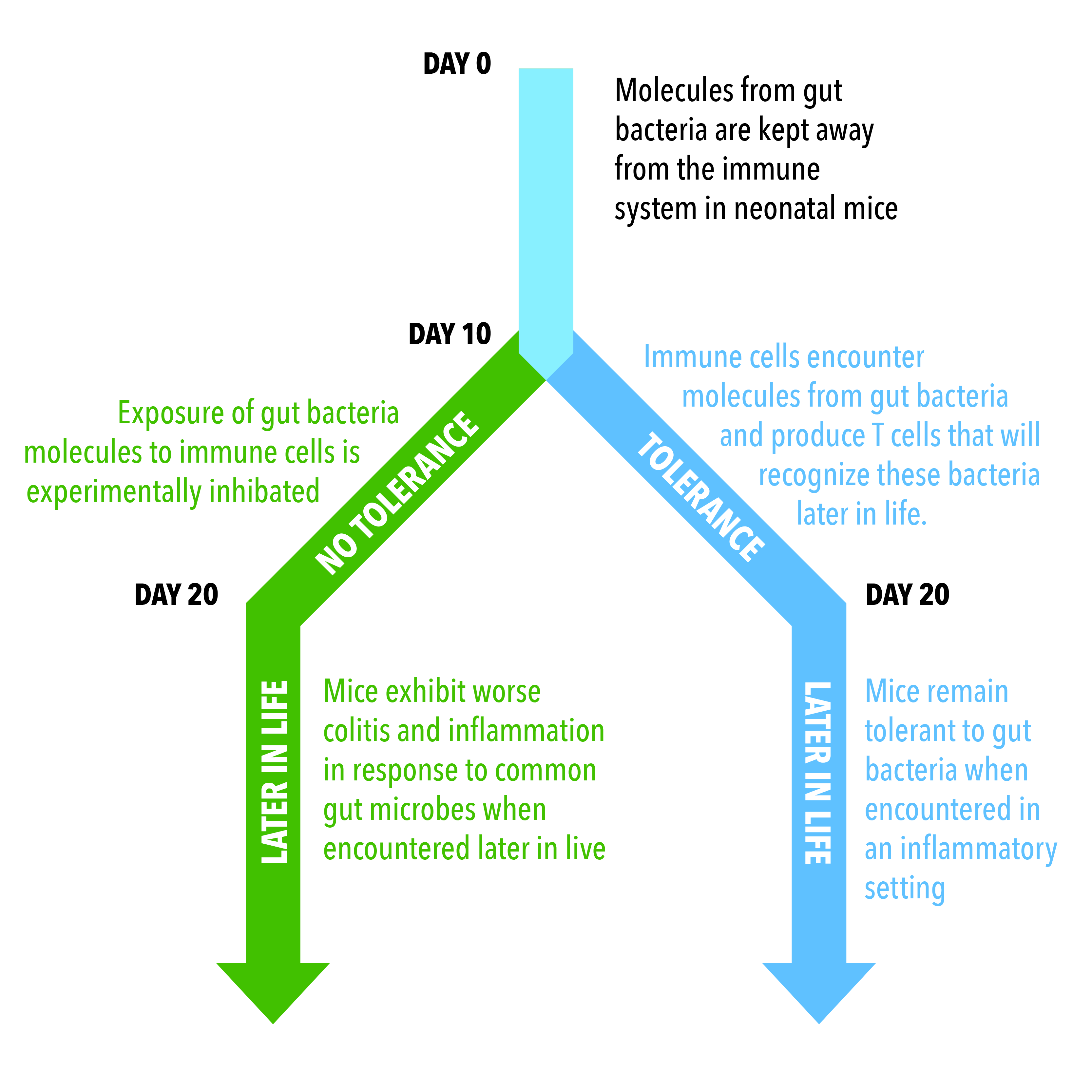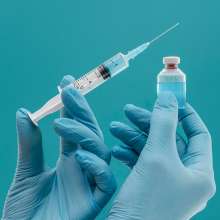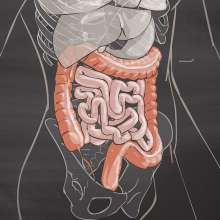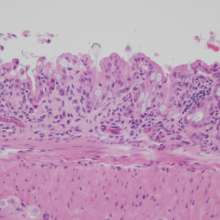Researchers have identified a specific time interval in early life during which the immune system develops tolerance to gut microbes.
During this specific critical window of time - day 10 to 21 after birth in mice, the immune system gained exposure to microbes in the gut cavity through the formulation of passageways called GAPs.
This exposure seemed to be scheduled for this period only, as exposure to the commensal microbes at later times, or no exposure at all during this critical window, caused the mice in this research to develop inflammation, ulceration or colitis.
Their findings highlight the importance of critical timing in the development of lifelong immune tolerance. Immune tolerance is an important protective feature, which prevents the body from attacking its own tissue, and helps to maintain a healthy, stable relationship with beneficial microbes dwelling in the gut.
Their findings also provide support for the hygiene hypothesis, the well-established theory that posits early exposure to microbes decreases susceptibility to diseases later in life.
Studying newborn mice, the researchers discovered three distinct phases of immune system interaction with harmless gut bacteria like Bacteroides vulgatus and Lachnospiraceae.
They found that the development of tolerance occurred during a critical period (between day 10 and 21 after birth), which was characterized by the establishment of goblet cell-associated antigen passages or GAPs.
These passages deliver bacterial fragments dubbed antigens from the intestinal cavity to the gut barrier, where antigens interact with immune cells that help sustain tolerance.
Blocking bacterial exposure or inhibiting GAP formation during this time, or shifting exposure to a later phase, resulted in failure to develop an important regulatory immune T cell subset (pTregs). It also worsened inflammation, ulceration and colitis in response to gut bacteria encountered later in life.
Importantly, researchers in another study also found that EGF, a growth factor abundant in breast milk, was critical for promoting the strategic timing of microbial exposure.






